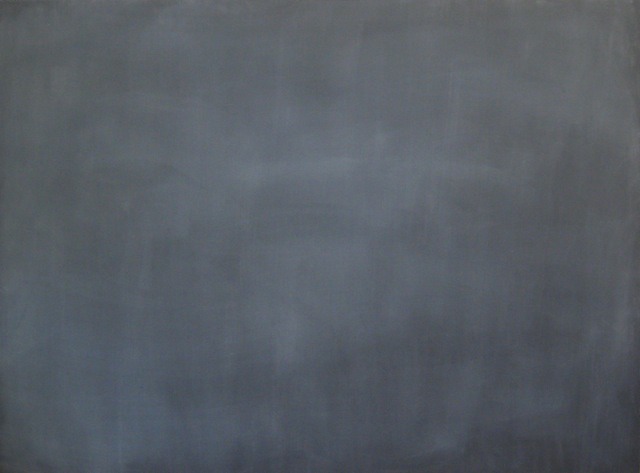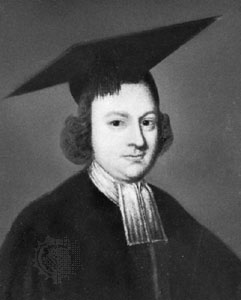Prompt Poem: introductory statements by people in my MFA workshop

In my workshop this semester we were encouraged to write a poem a day and post the results on this shared website/forum/message-board thing called “Blackboard.” This was 100% optional and of course no one actually posted a poem everyday or even seriously tried to, I think. We were given numerous prompts and exercises throughout the semester to keep us going if we got stuck. What follows is a poem I made out of everyone’s explanatory/introductory/preface statements to their poems.
Prompt Poem
Hello! Here’s an opposite poem.
Here is a poem that is opposite of Laura Riding.
I started a poem inspired by Campbell McGrath.
See Ezra Pound’s “Alba.”
From today’s notebook entry.
After “Heart” by Gregory Orr.
Continuing what I started yesterday… READ MORE >
Today in Class
Today class happened amidst the bumble and burst of plumbers and electricians, anxious dogs, and un-showered, tired, frenzied me. But it happened nonetheless. We workshopped a lot today. First, in whole-group fashion (there are 16 of us) to finish up where we left off last week with our reckless poetry. At the end of class, concentrating on sound and how sound moves through the air and into our ears and around in our noggins, students got into groups of three in which one person read while the other group members listened. After the poem, each group member wrote down what stuck the hardest in their memories, and then we talked about how the poems [we’ve been thinking about rhythm and chant] accomplished their sonic goals, or didn’t. That was fun. I bounced around the groups, interjected here and there, but mostly I let them do the talking. They’re all pretty smart readers, and I trust them.
Another of my favorite games is to annotate Philip Levine’s They Feed They Lion together with a class. I’m trying to teach students about writing annotation papers as writers versus as academic critics. It involves a helluva lot more looking at how craft informs our understanding of a poem versus simply what the poem means. Students get super frustrated, usually, about the phrase, “they feed they lion,” and they want me to tell them what it means. I tell them I don’t know what it means, but maybe by looking at how the poem is written we’ll start to get our heads around it. Chaos ensues. I write things on the chalk board. People start seeing biblical allusions and apocalypse. It’s great. Then I say something teacherly like, “well, how does all this anaphora and accreted repetition inform the poem?” Today I got some really astute answers that I’m too exhausted to expound on.
I showed students this excerpt from a Levine interview in which he explains the nascence of the poem [here] [I like the stories Mr. Levine tells]:

